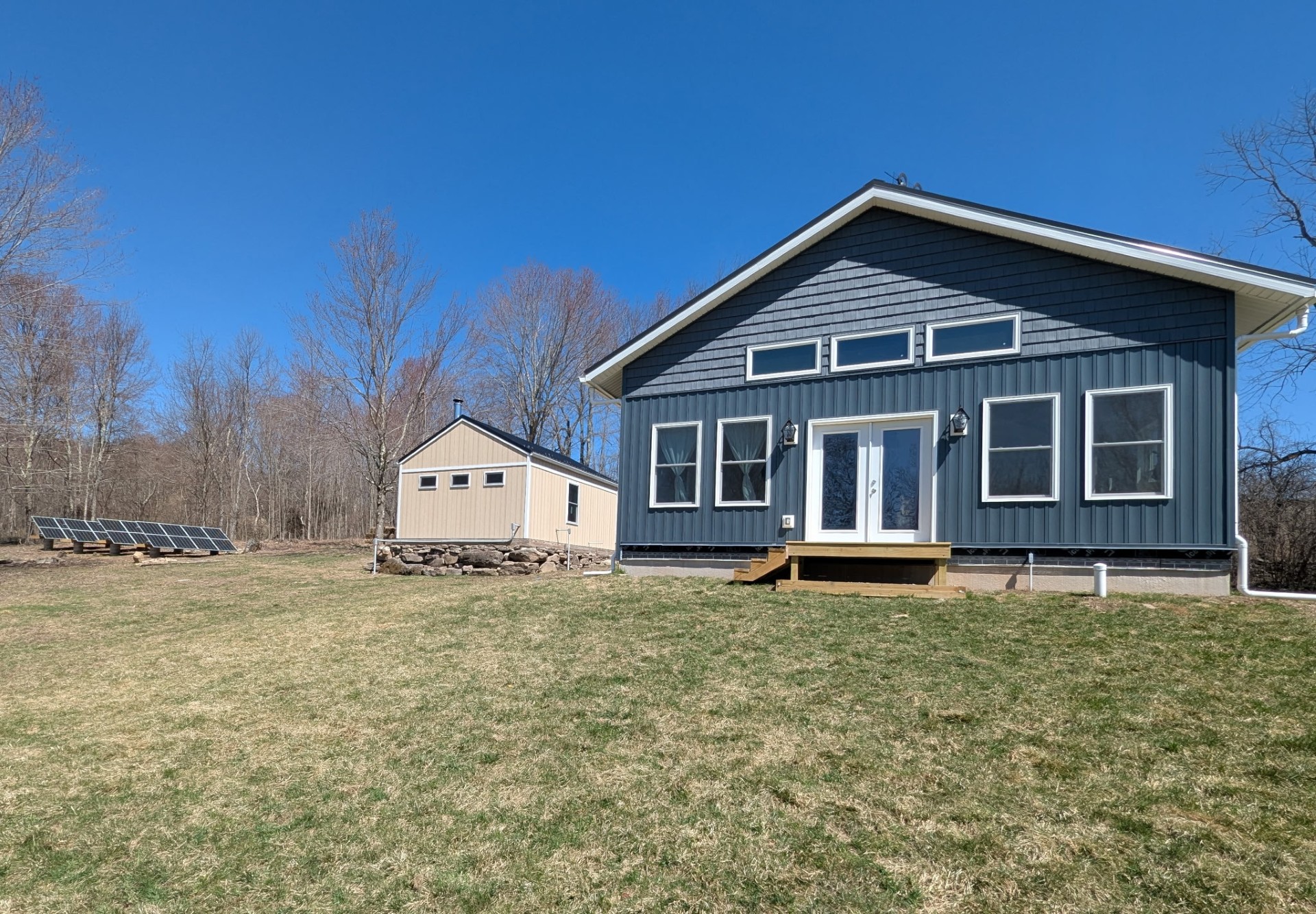Philadelphia City Council recently approved new housing regulations, including one that legalizes and taxes short-term rentals, such as Airbnb.
These type of rentals will be taxed the same as hotels, at an 8 percent rate. Previously, these types of rentals had been unregulated.
Jack Barry, a Realtor® with the Jack Barry Group in Philadelphia, believes the tax is fair. “The law is clear and if you are doing business within the city, you have to follow the law. The city is being very lenient in the application of the law,” he said.
The law reads (i) If a building contains multiple dwelling units, a single rental license may be obtained for the entire building. (ii) A rental license is not required for any dwelling unit that is occupied by the owner or a member of the owner’s family, provided that the Department may require the owner to submit an Affidavit of Non-Rental. (iii) A rental license shall not be required for limited lodging activity, as defined at § 14-604 (13), so long as the activity is compliant with the Zoning Code and the primary resident is the owner of the dwelling unit.
Barry said his office “seriously” considered developing a website to serve clients that reached out to the office regarding short-term rentals. However, he noted that the liability may outweigh the benefits of short-term rentals.
With Pope Francis visting Philadelphia in late September, demands for short-term rentals has surged in the area.
“Based on the various security and logistical measures being discussed, our members need to be certain that they can service any client that they engage for the Papal visit,” said Barry.
He cautioned about the risks of becoming involved with short-term rentals in these types of high-demand markets. For example, Barry said if he was overseeing a client’s short-term rental during the visit, something could go wrong during the tenancy, such as the air conditioning fails, the tenants lose a key, or a pipe bursts.
“Tenant calls my office for repair request. None of my repair people can get to the property because it is in a no-drive zone. Tenant decides to protest the rental fee. We end up in court, and costs are probably more than the commission. This is an extreme example and most of the property owners that contacted us expected us to take care of the entire process, not just rent the property. My point is that when people are paying huge premiums for rentals, they expect a level of service that may not be available,” he said.
Topics
Member Discussion
Recent Articles
-
Unique Homes: A Realtor® Living Off the Grid
- May 16, 2025
- 5 min. read
District 3 Vice President Dayna Gray shares more about her newly built off-grid home, including the building process and her temporary residence in a “shabin.”
-
Survey Reveals First-Time Homebuyer Hindsight
- May 15, 2025
- 3 min. read
The survey found that most first-time buyers did not regret their purchase, but they did underestimate the hidden costs of homeownership.
-
1 in 3 Americans Rent Self Storage
- May 14, 2025
- 2 min. read
With space shortages growing and demand expanding, 33% of Americans use self storage, and 18% plan to rent a unit in the future, according to a survey of nearly 3,000 conducted by StorageCafe.
Daily Emails
You’ll be the first to know about real estate trends and various legal happenings. Stay up-to-date by subscribing to JustListed.



